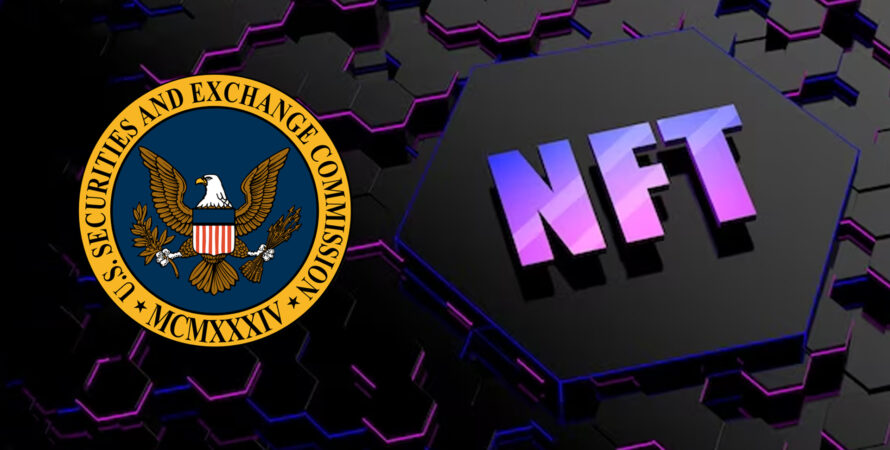- The SEC came up with the first NFT enforcement action after the incident with the Impact Theory company, which raised $30 million from investors by selling NFTs in the form of Founder’s Keys.
- The SEC has to discuss different questions raised by people related to the investment market after the first enforcement action.
Provide a short introductory paragraph here.
Background Story
The U.S. Securities and Exchange Commission (SEC) is the commission that enforces securities laws to protect American people from fraud when they invest in securities markets for a better future. The SEC brought the first NFT (Non-fungible token) enforcement action after the incident at Impact Theory, a media and entertainment company headquartered in Los Angeles. The SEC charged this company with an unregistered offering of NFTs as asset securities. The Impact Theory offered and sold NFTs (known as Founder’s Keys) and raised $30 million from investors from October to December 2021. The company stated to investors that they would profit from their purchases in the future if Impact Theory were successful in its efforts.
The SEC was concerned for investors because they should have known the authenticity of their investments and returned the profits they were spending and enjoying. According to the SEC, the Impact Theory violated federal securities laws by offering NFTs to investors with the investment contract in an unregistered manner. The SEC doesn’t agree with Howey’s analysis of investment contracts. The Howey test analyzes an asset based on four criteria to qualify it as an “investment contract”. The SEC’s action required the company to return money to investors that it spent on the Founder’s Keys purchase and pay a $7.7 million penalty to the commission. The company, without admitting or denying the allegations, paid the penalty and made a settlement with the SEC.
How Did the SEC Open a New Can of Worms With This Enforcement Action?
Since it was the first NFT enforcement action by the SEC, it created many difficult questions to be answered or discussed, which should have happened earlier when NFTs or other digital currencies started proliferating. These questions include:
- People are still experimenting with different uses of NFTs, and this enforcement law asks the SEC to categorize NFTs for purposes and how to apply securities laws to sales and offers?
- Are there other regulatory frameworks or securities law regimes that should be considered before NFT purchases?
- Did the SEC consider previous NFT offerings as well on the security law level?
- Are there any alternative approaches being taken by the SEC to protect investors and maintain the integrity of the marketplace?
- Is there any need to apply restrictions to secondary market sales of NFTs that the issuer sold as an object with the investment contract?
- The settlement in this case (The Impact Theory’s incident) was the destruction of NFTs. What will be the form of settlement for future cases if these NFTs at issue represent music or unique pieces of digital art?
- The creators are rewarded with royalties every time the created NFTs get sold. Will it be the same, and if not, then what other alternative will happen in future cases?
Conclusion
Whenever there is an implementation of any rule for the first time, it comes with a lot of different consequences or difficulties from the other end. This exactly happened with the first NFT enforcement action by the SEC. People came up with different questions on security laws in the investment markets, the market’s integrity, and the future of NFTs in the investment market. Hopefully, the SEC will come up with a valid answer to each and every question of investors, creators, to every single person who is associated with the use of digital assets as a form of investment.




